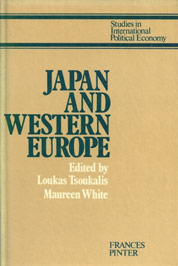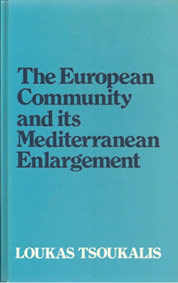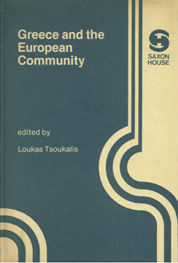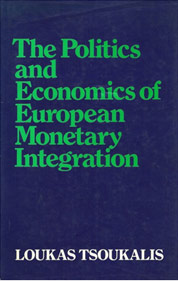
Japan and Western Europe: Conflict and Co-operation
The main purpose of this book is to contribute towards an increased awareness and a better understanding of the issue affecting relations between Japan and Western Europe.Part I outlines the history of European influence in Japan, identifying mutual images and stereotypes. Although the main focus of the book is on the economic dimension of Euro-Japanese relations, this first section provides useful background information, particularly with regards to policy-makers’ perceptions of the other side.Part II consists of chapters on the Japanese economy and industrial policy, the political forces which shape Japan’s foreign economic policy, and the changing nature of the country’s role in the area of High Politics, with the aim of providing the reader with some knowledge of the domestic environment which largely determines Japan’s interaction with the rest of the world.
Part III deals with the bilateral economic issues. The main emphasis is on the trade imbalance between Japan and the Community, the perceptions of and reactions to the imbalance from both sides as well as the various issues closely associated with the trade problem.
Part IV explores the possibilities of gradually moving from conflict to cooperation between Western Europe and Japan. Such possibilities are seen to exist both in the political and the economic field. Also examined are the role that both sides can play in the management of international trade and monetary relations, the North-South dialogue and the preservation of world peace.


